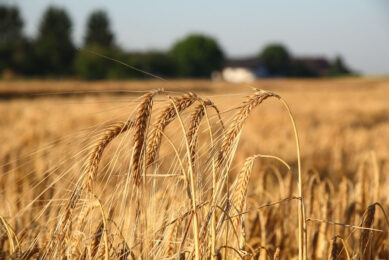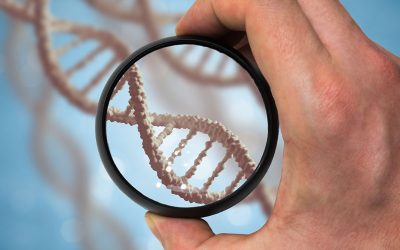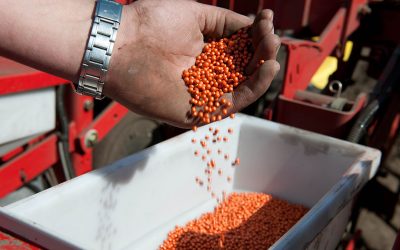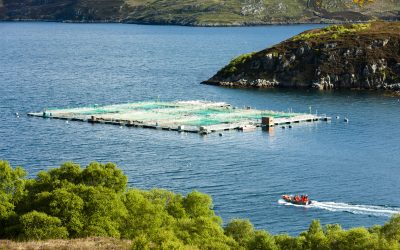GM-feed may harm the reproductive system of animals
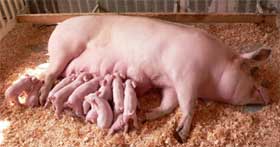
Russian scientists have proven the existence of very serious health risks for animals.given genetically modified (GM) feed.
This statement was made recently during a press conference of the National Association for Genetic Security (NAGS). According to the authors; a number of pathological changes were discovered in the experimental animals that consumed the GM feed.
A delay in development and growth was detected, plus a distortion of the sex ratio in breeds with an increase in the proportion of females, reducing the number of pups per litter, up to their complete lack in the second and third generation, has been stated at the conference.
According to the President of NAGS Alexander Baranov, the main negative impact of GM feed, which was discovered during the investigation, is a "ban on reproduction," making it almost impossible to obtain third-generation animals.
"The results of our study confirmed the findings of European scientists who pointed out the negative impact on the health of animals from the GM ingredients in feed of animals,” Baranov, said. “We used soybean meal, which is widely used in Russia for fattening livestock. Soya of the line 40-3-2, contained in extracted meal, which is allowed in Russia. It is also for use in human food." he added.
The statement by the NAGS has re-fueled the hot disputes in Russian society on the use of genetically modified feed in livestock and if they should be allowed. Currently the Russian Parliament is considering the new law “On Veterinary” and many experts advise in inclusion of a total ban on the cultivation and use of GM-feed in animal farming.




